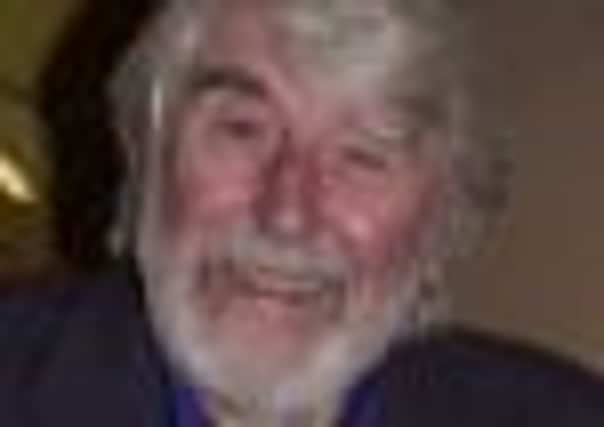Yorkshire writer Stan Barstow dies aged 83


The son of a Yorkshire coal miner, he began writing in the 1950s but it was his novel A Kind of Loving in 1960 which first propelled him to literary success.
His portrayal of an unhappy marriage, which was later made into a film starring Alan Bates and June Ritchie, struck a chord with post-war audiences.
Advertisement
Hide AdAdvertisement
Hide AdBarstow, together with men like John Braine, Keith Waterhouse and Alan Sillitoe, married social realism and master story-telling to capture the spirit of the time with stories of life in northern provincial towns.


Born in Horbury, Wakefield, a career in writing seemed unlikely. “There were no writers in the family (there were, in fact, few real readers),” he once remarked.
He was a pupil at Ossett Grammar School, which he left in 1944 to become a draughtsman in a nearby engineering firm.
His writing career evolved slowly – only four short stories were completed in his first nine years of writing.
Advertisement
Hide AdAdvertisement
Hide AdHe spent most of his life in his native Yorkshire and for more than 20 years occupied the splendid fastness of Goring House, a stone-built detached mansion on Ossett Common.
From there emerged the novels, plays, TV adaptations and short stories that enabled him, as he put it in a letter to John Braine, to “spit freely in the eye of anyone who dares to look down on regional writing”.
In an interview with the Yorkshire Post to mark the publication of his autobiography, In My Own Good Time, in 2001, he talked about the success A Kind of Loving brought him.
“It was the first thing I had ever written that I was absolutely convinced would be published. I thought it might sell 3,000-4,000 copies, get some decent reviews and then disappear.
Advertisement
Hide AdAdvertisement
Hide Ad“But partly because of the film, it was reaching an extra audience.”
After the massive success of that first novel, Barstow earned his living from writing for the next 50 years, producing 11 novels, including Ask Me Tomorrow (1962) and Joby (1964), as well as short stories and scripts for TV and radio.
He was asked by the Yorkshire Post how he hoped he would be regarded by posterity. “I hope people will think I did it in a way nobody else quite did. It’s the only thing that makes books last.”